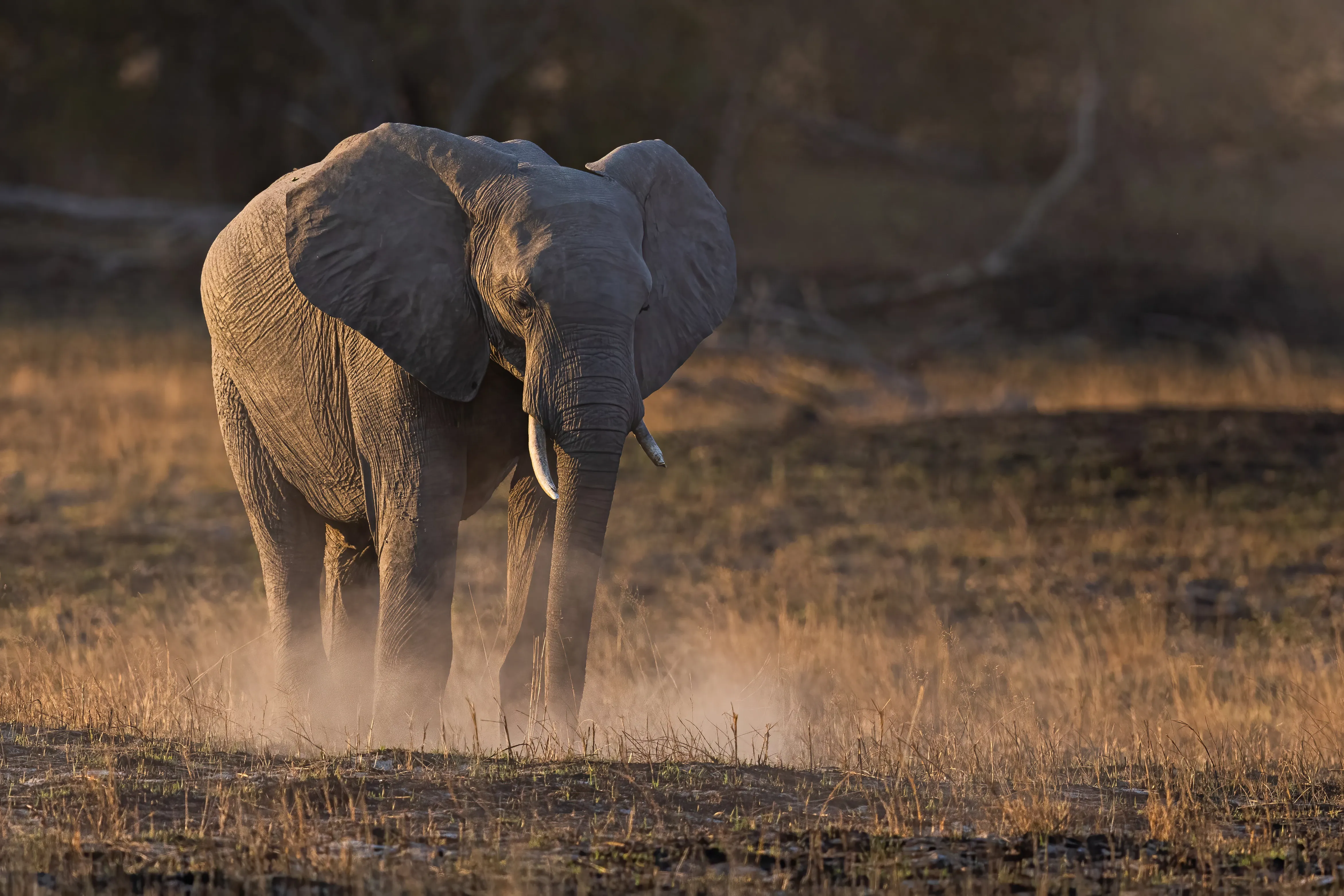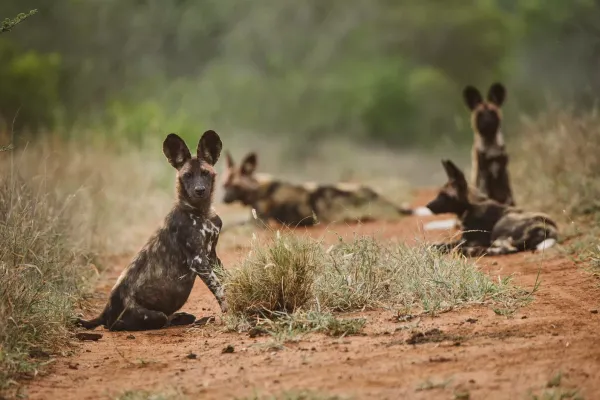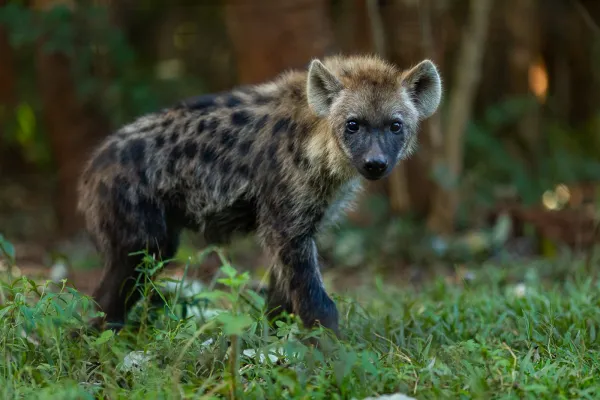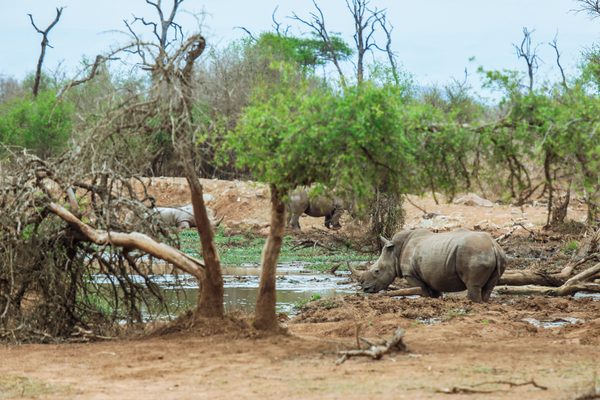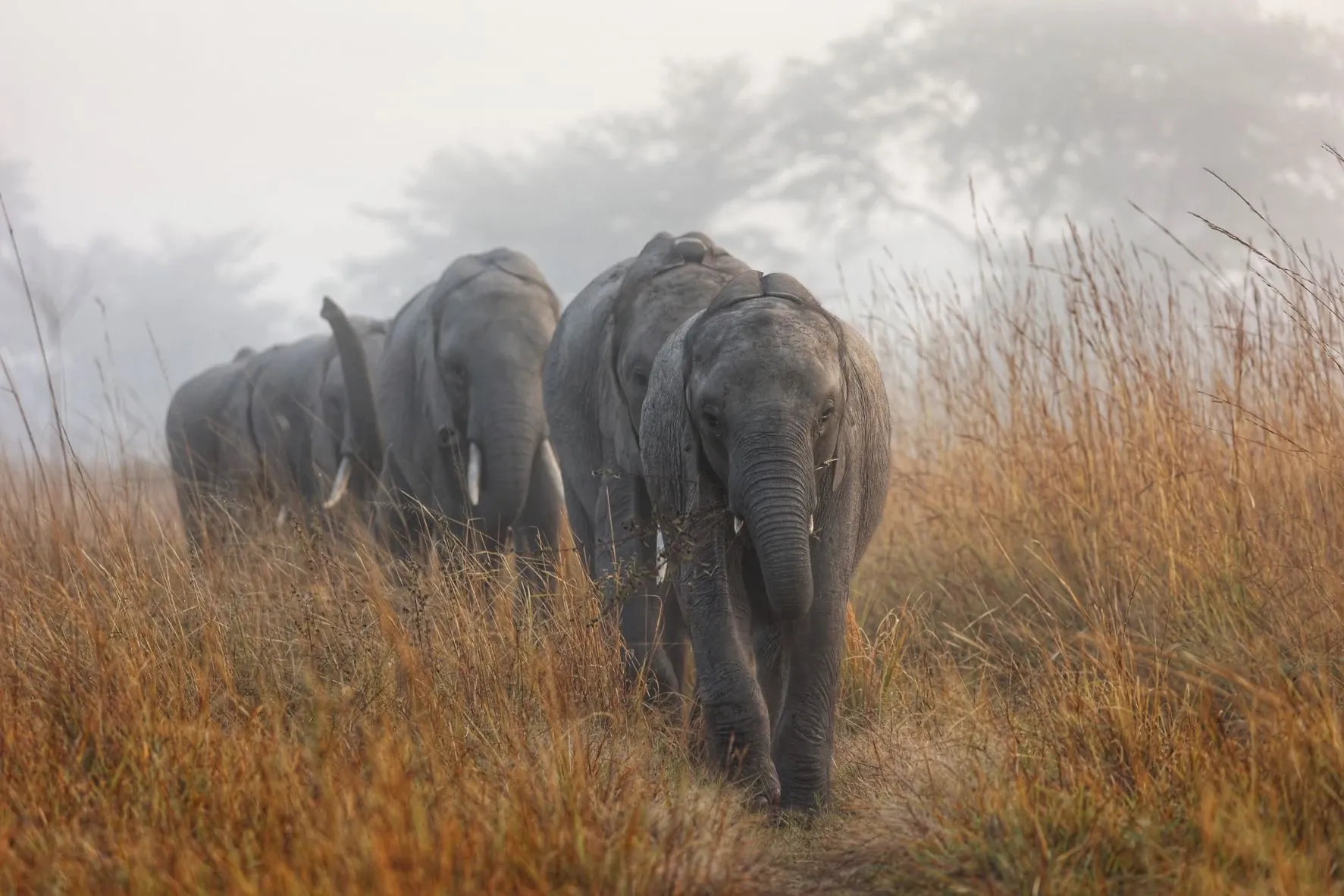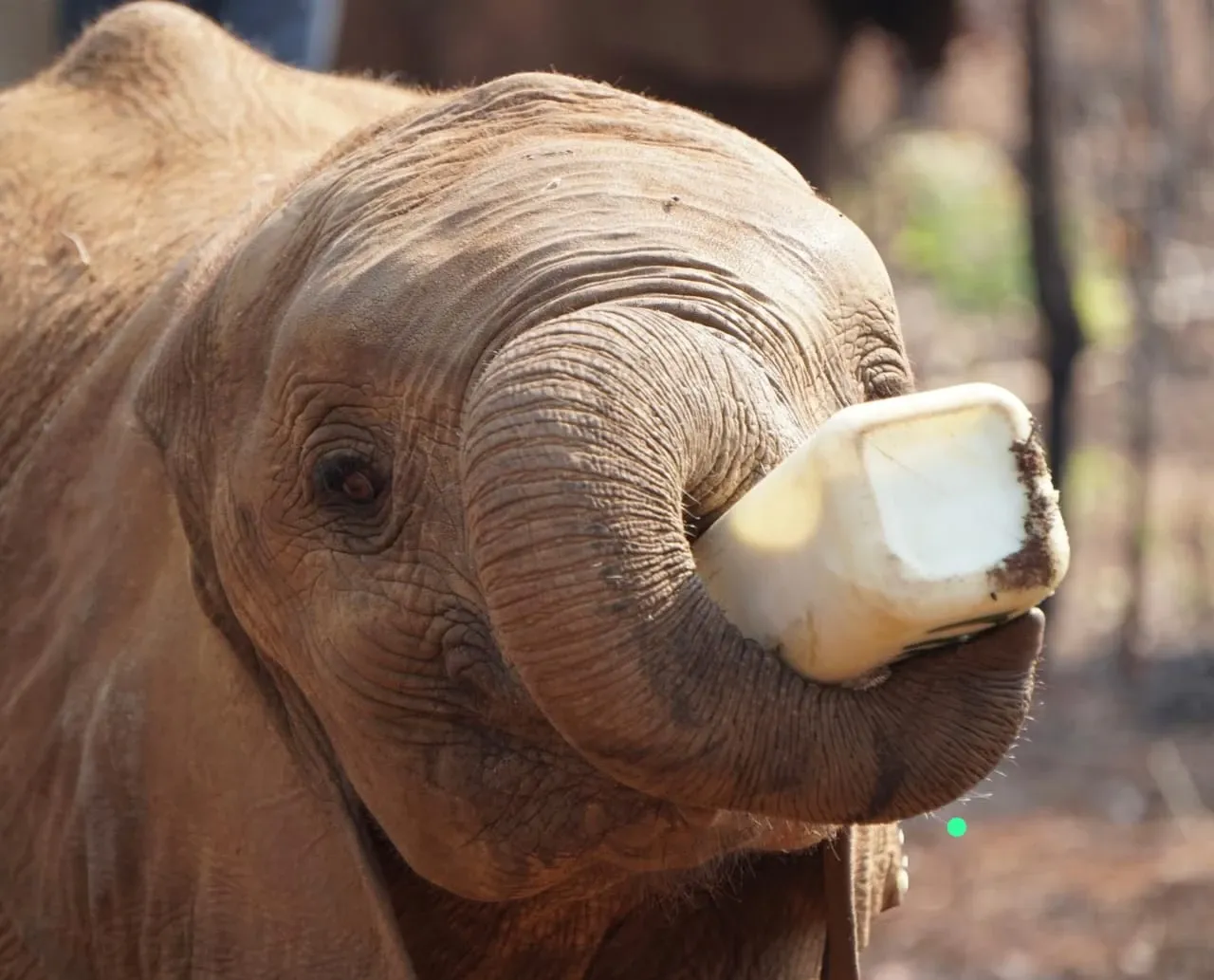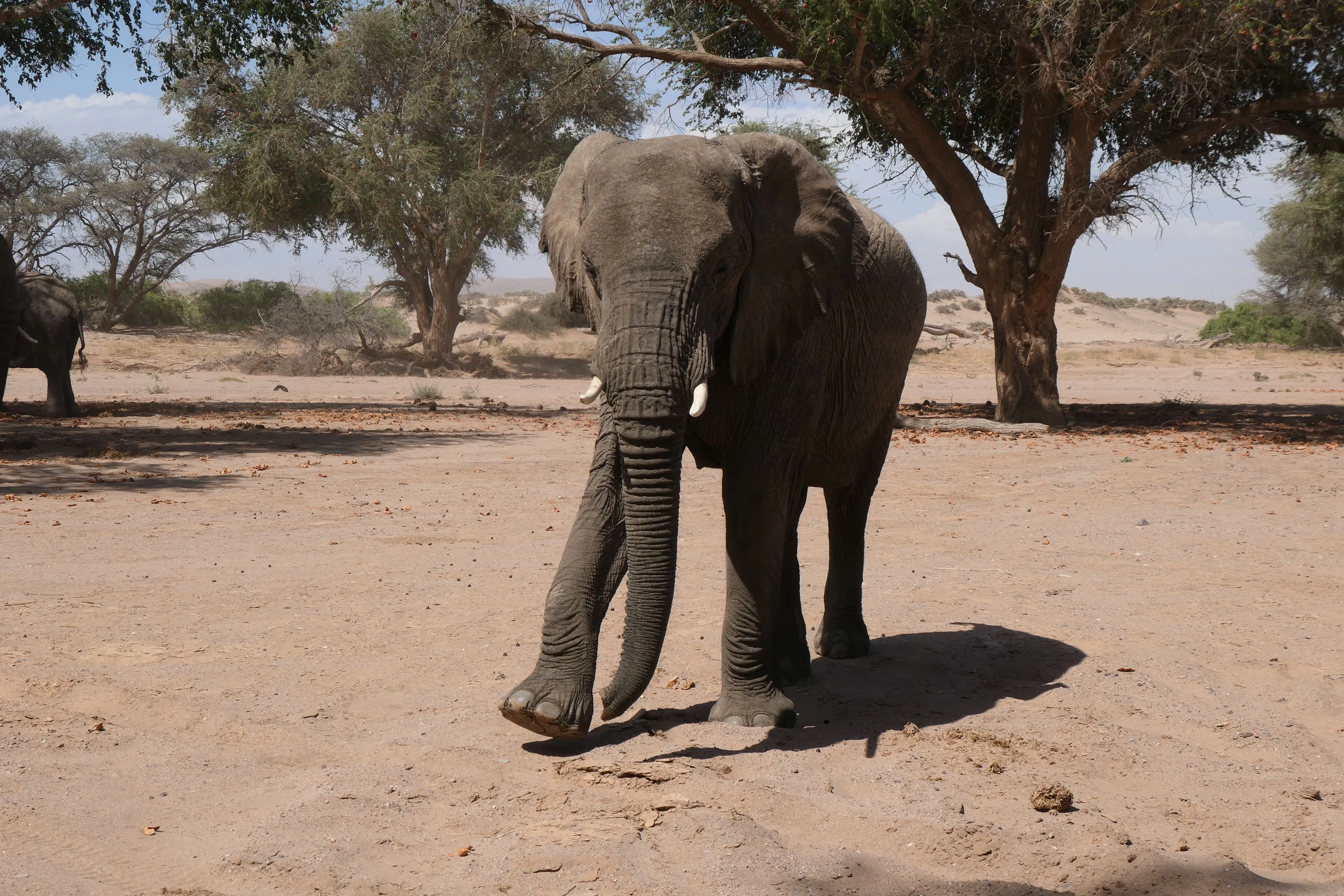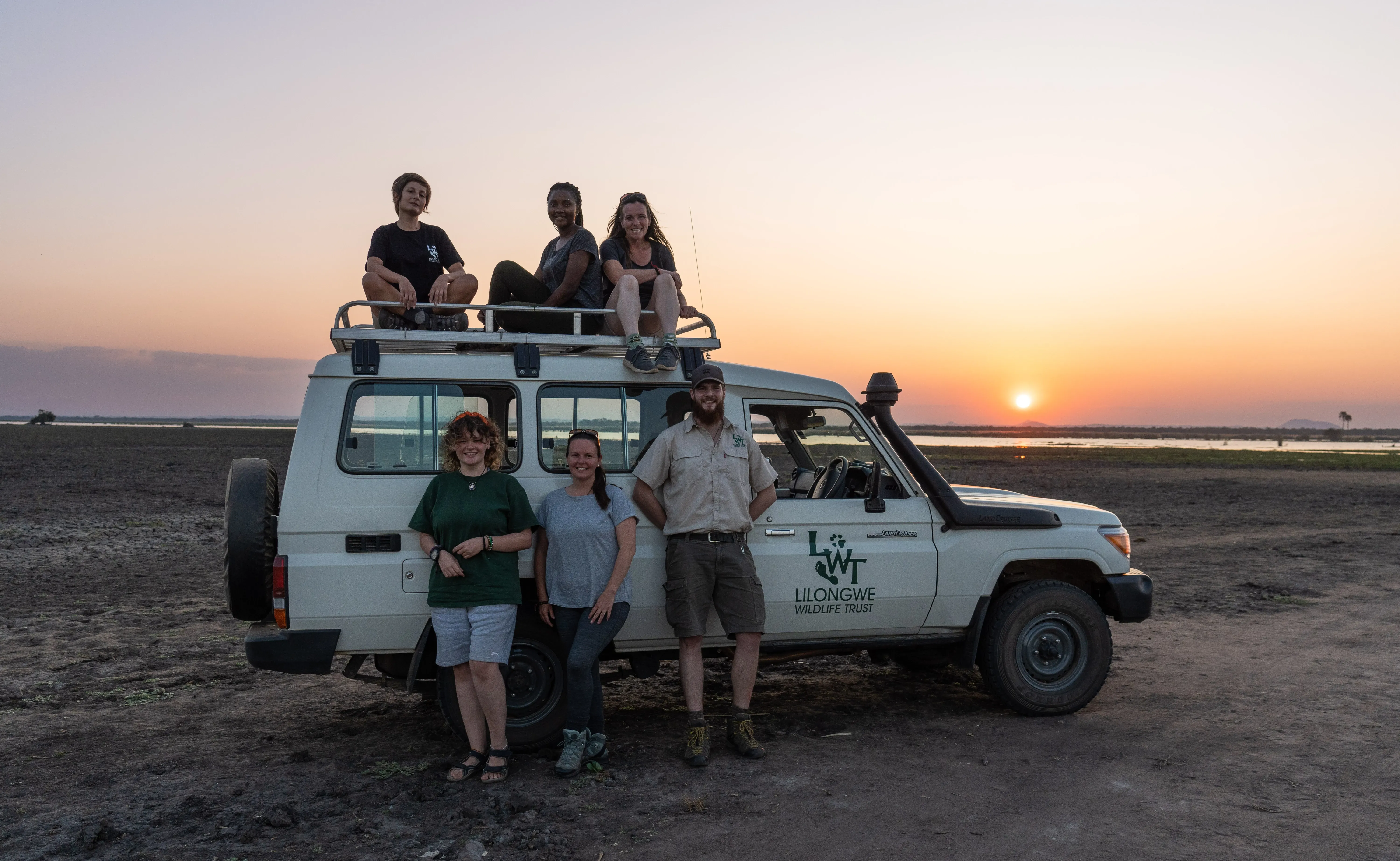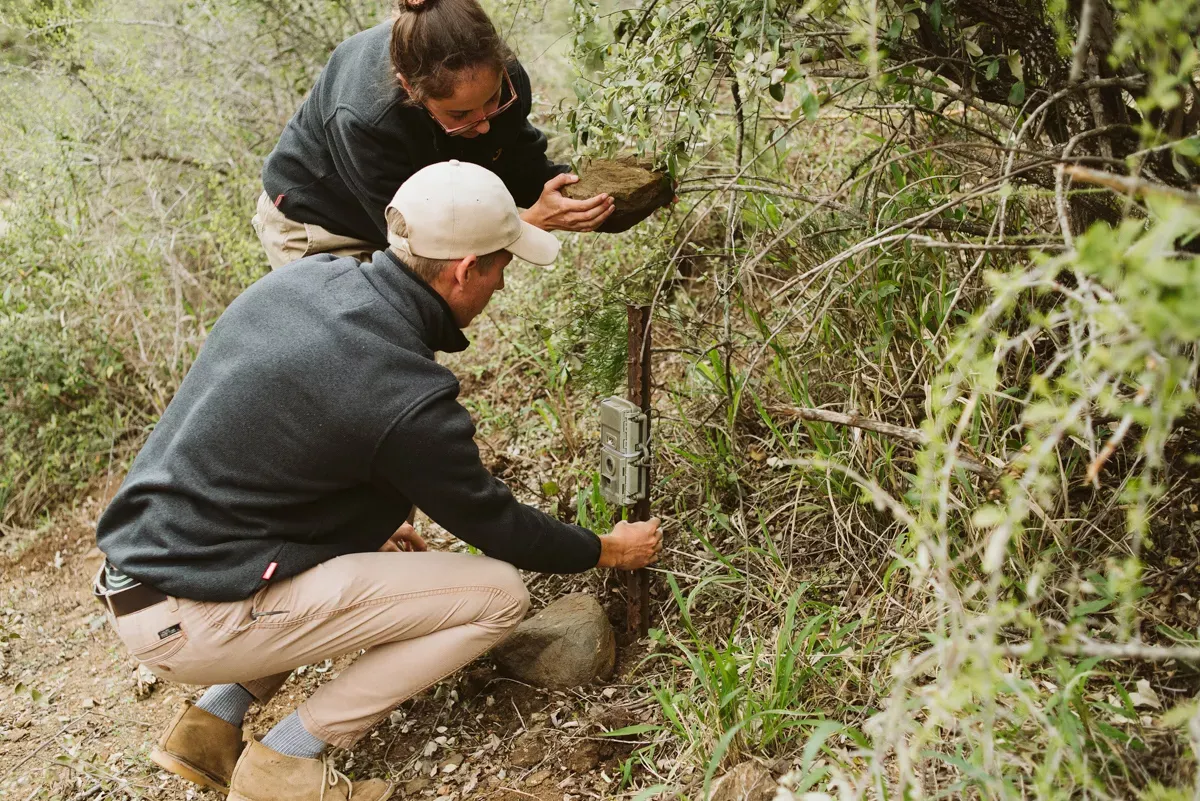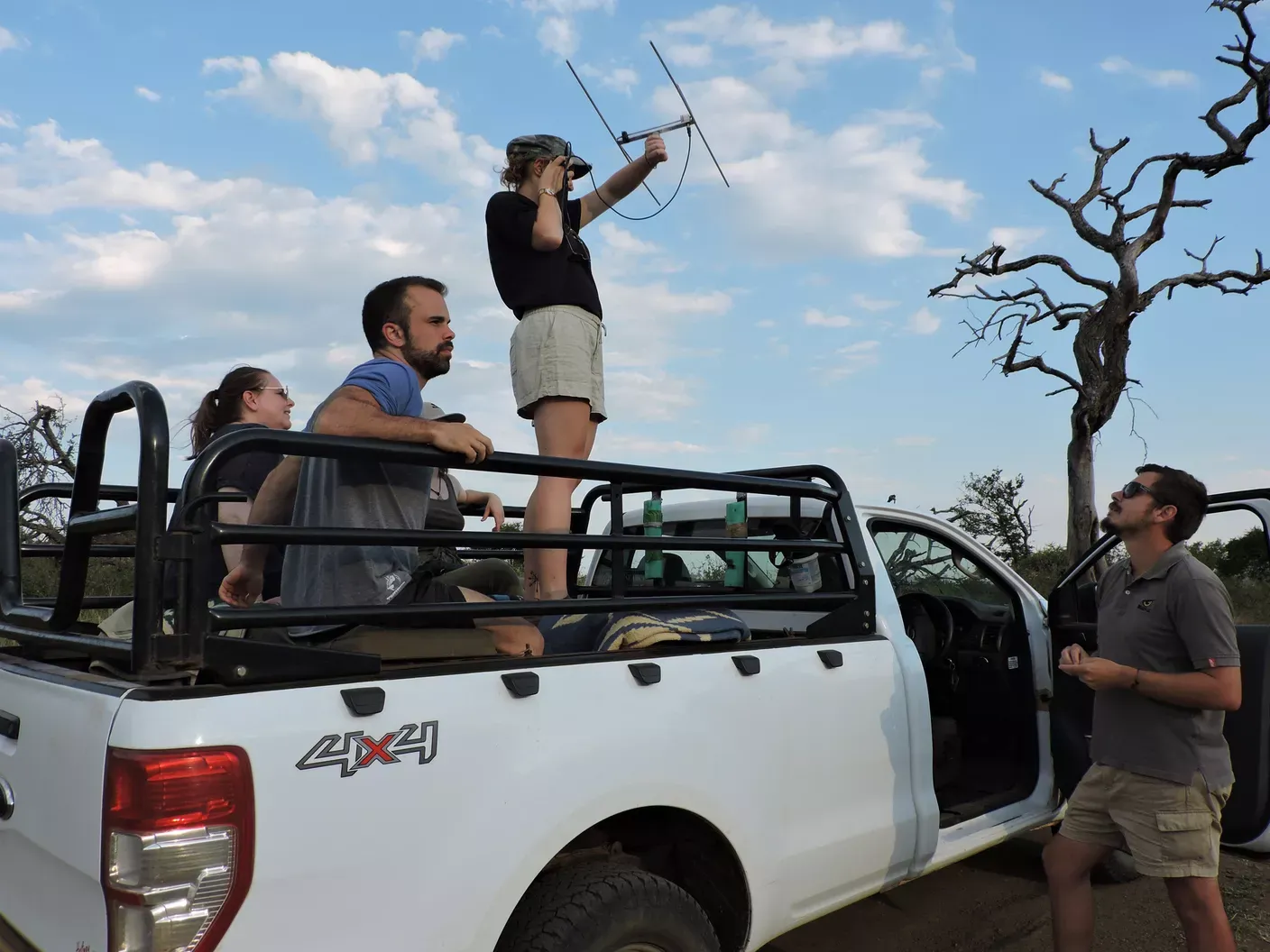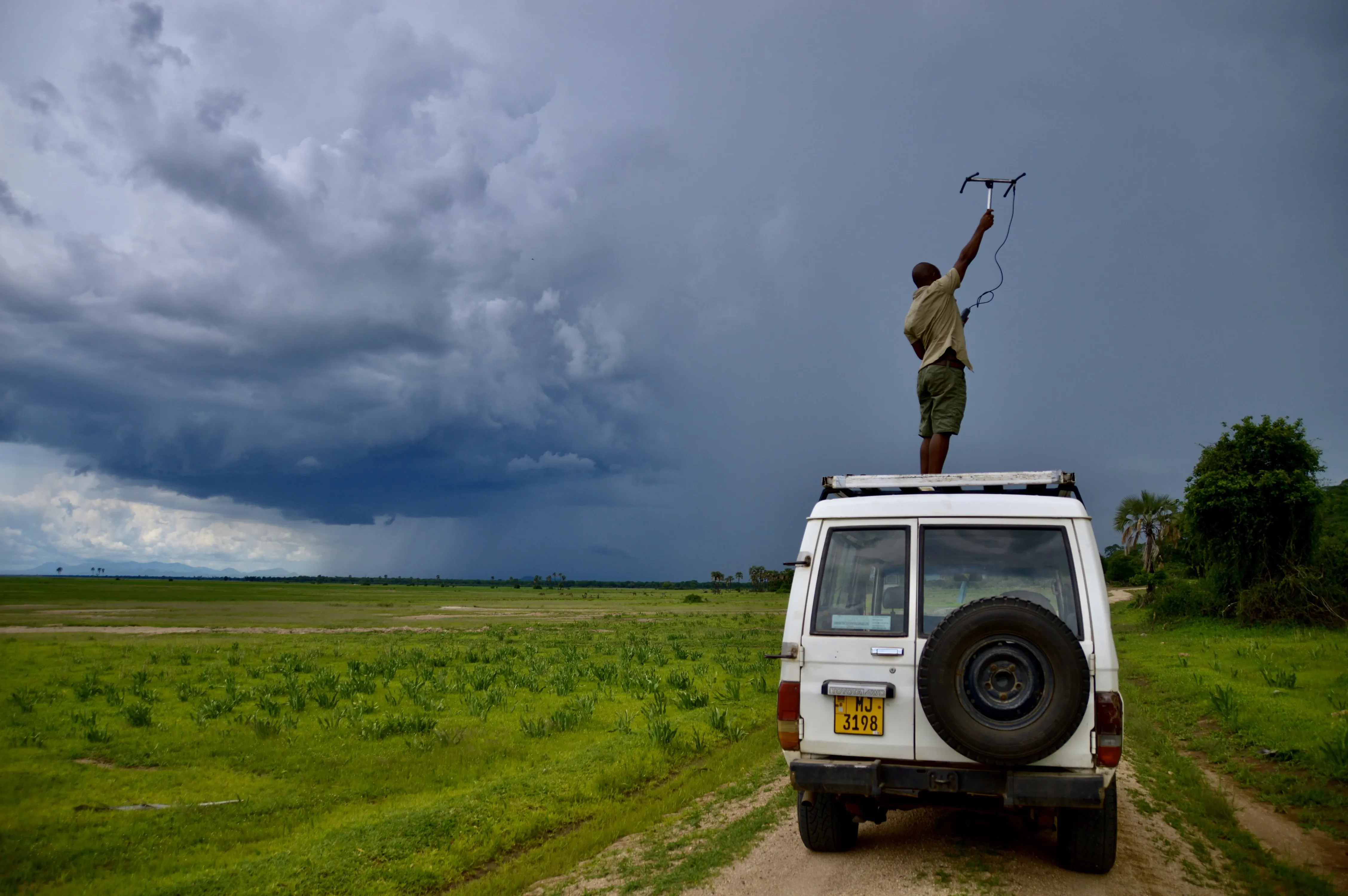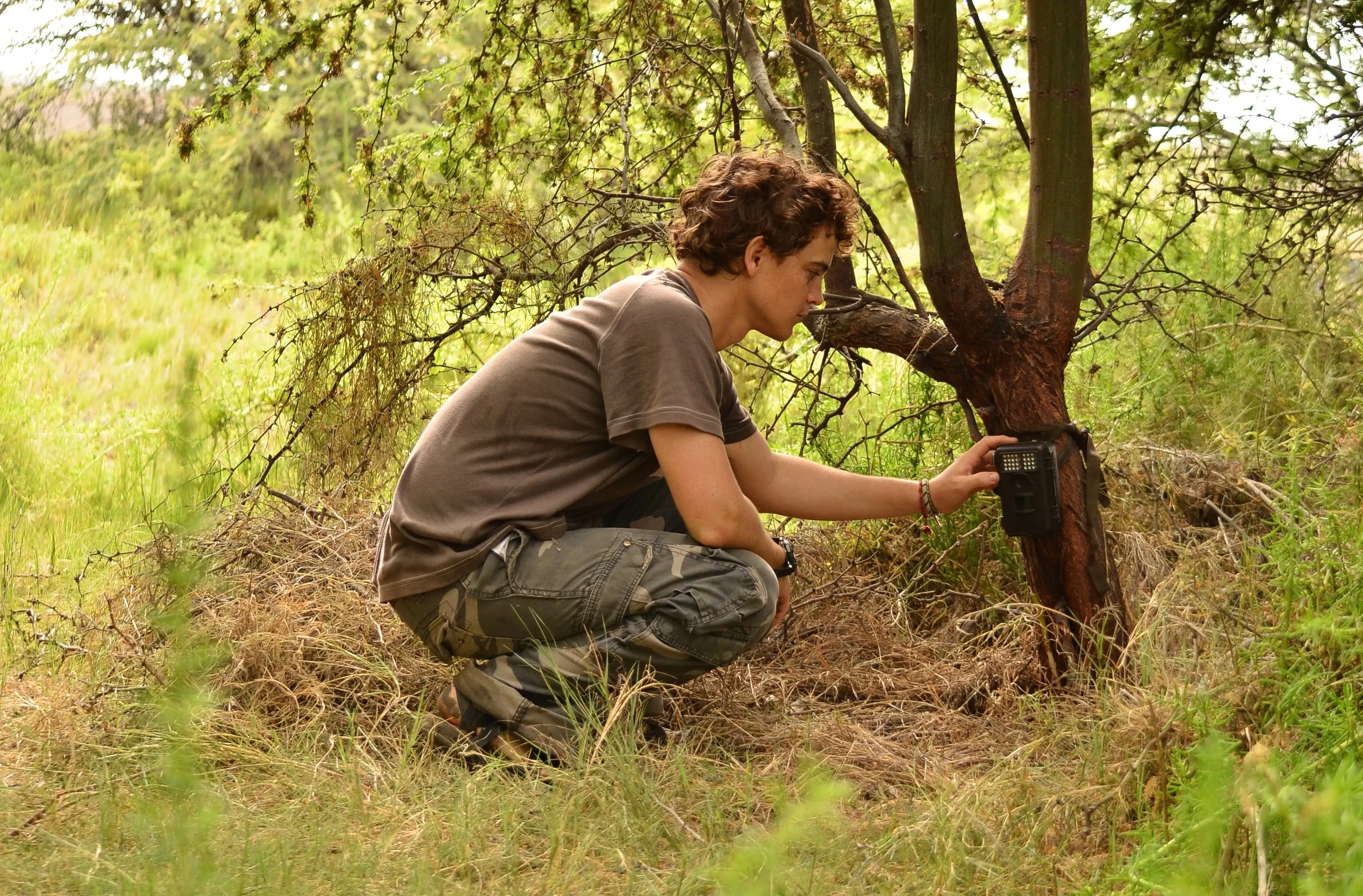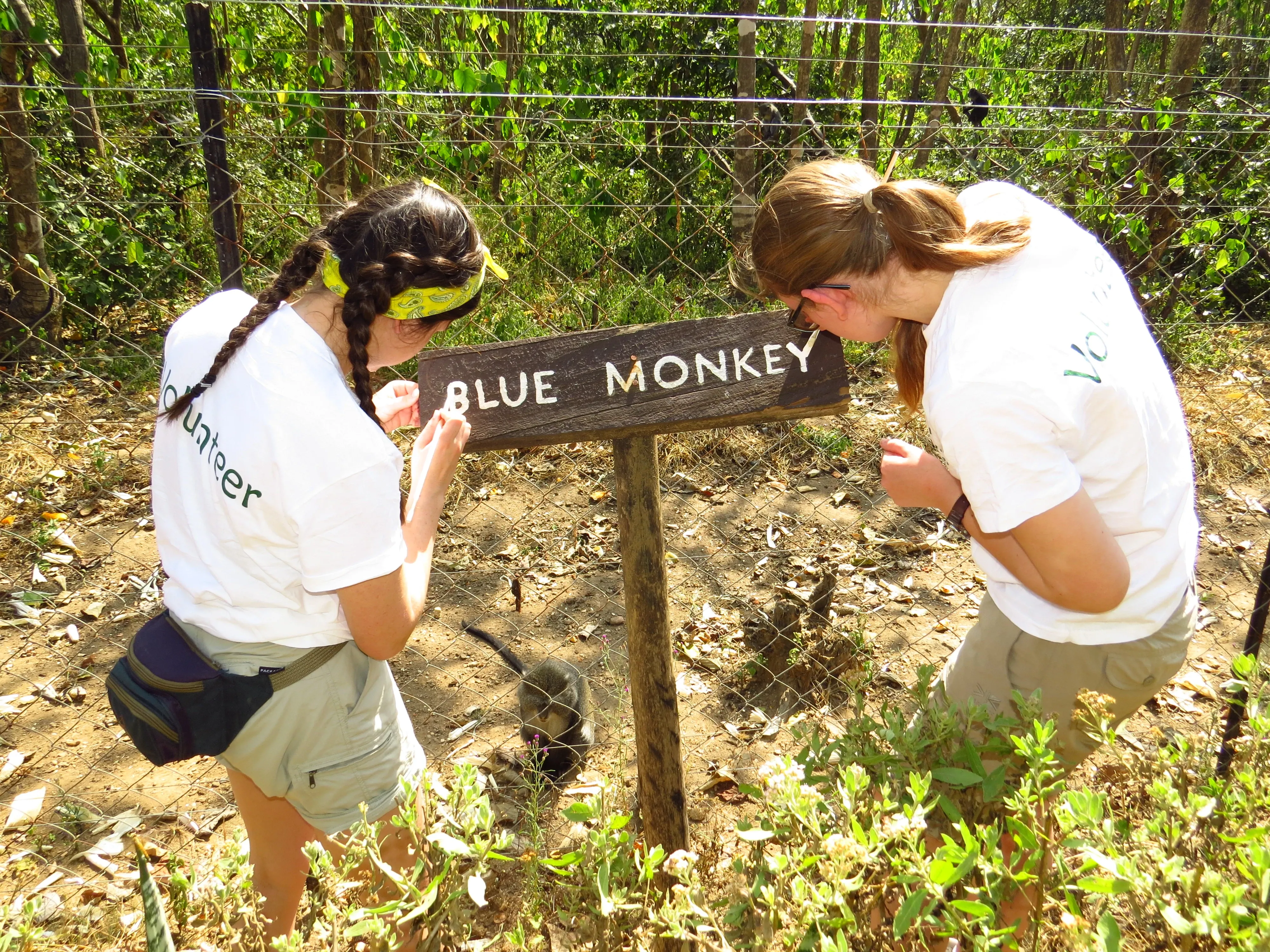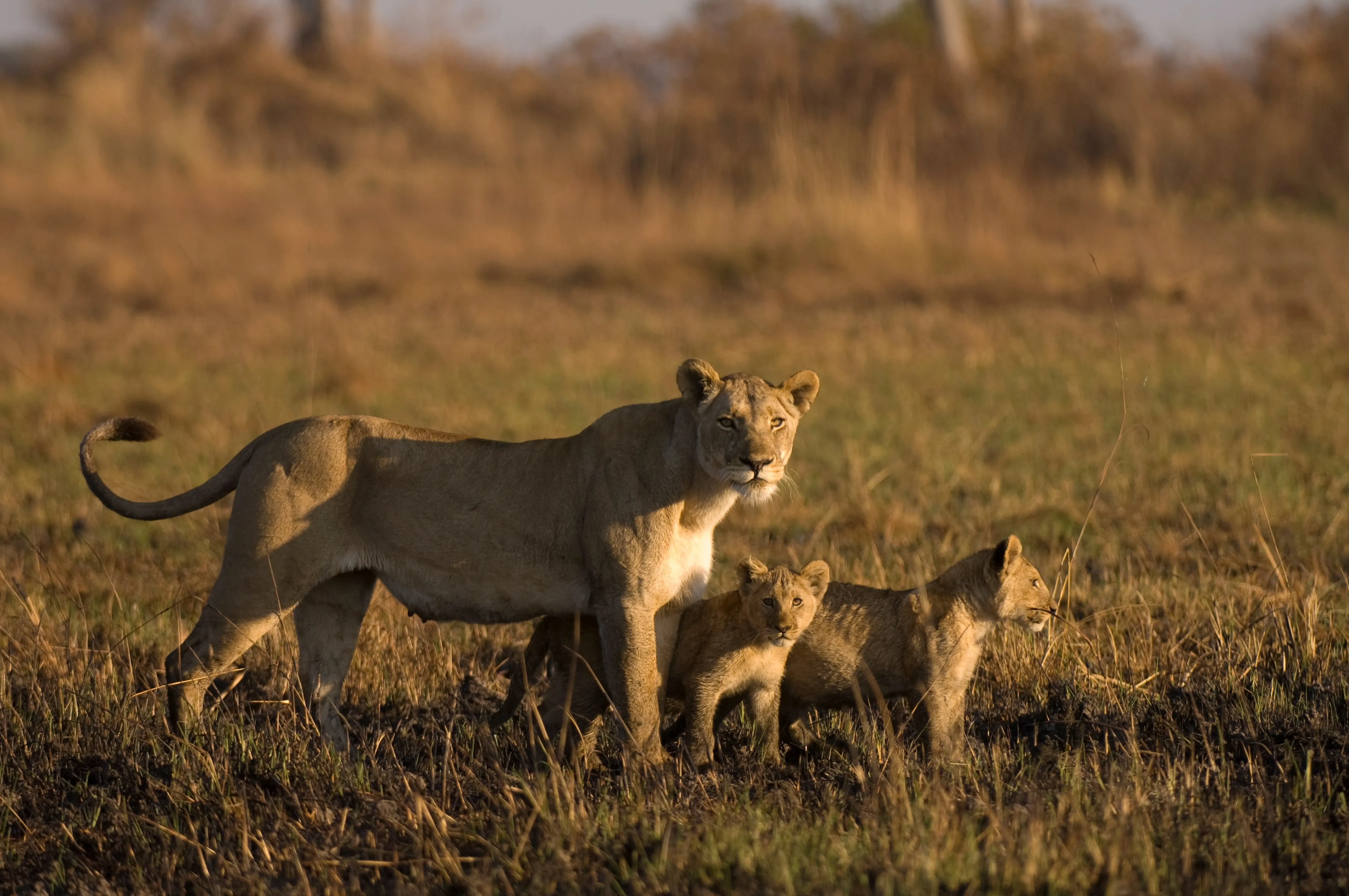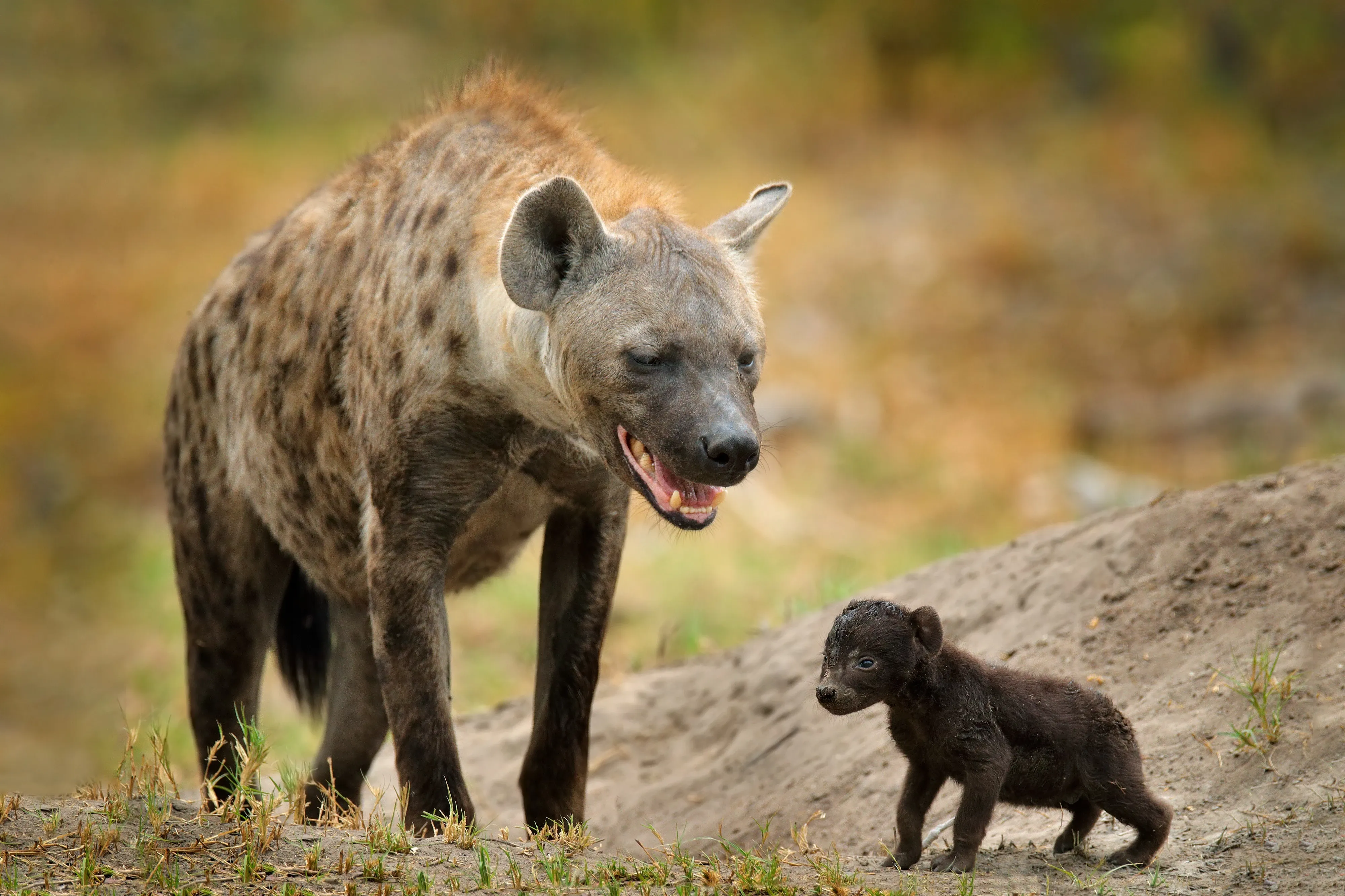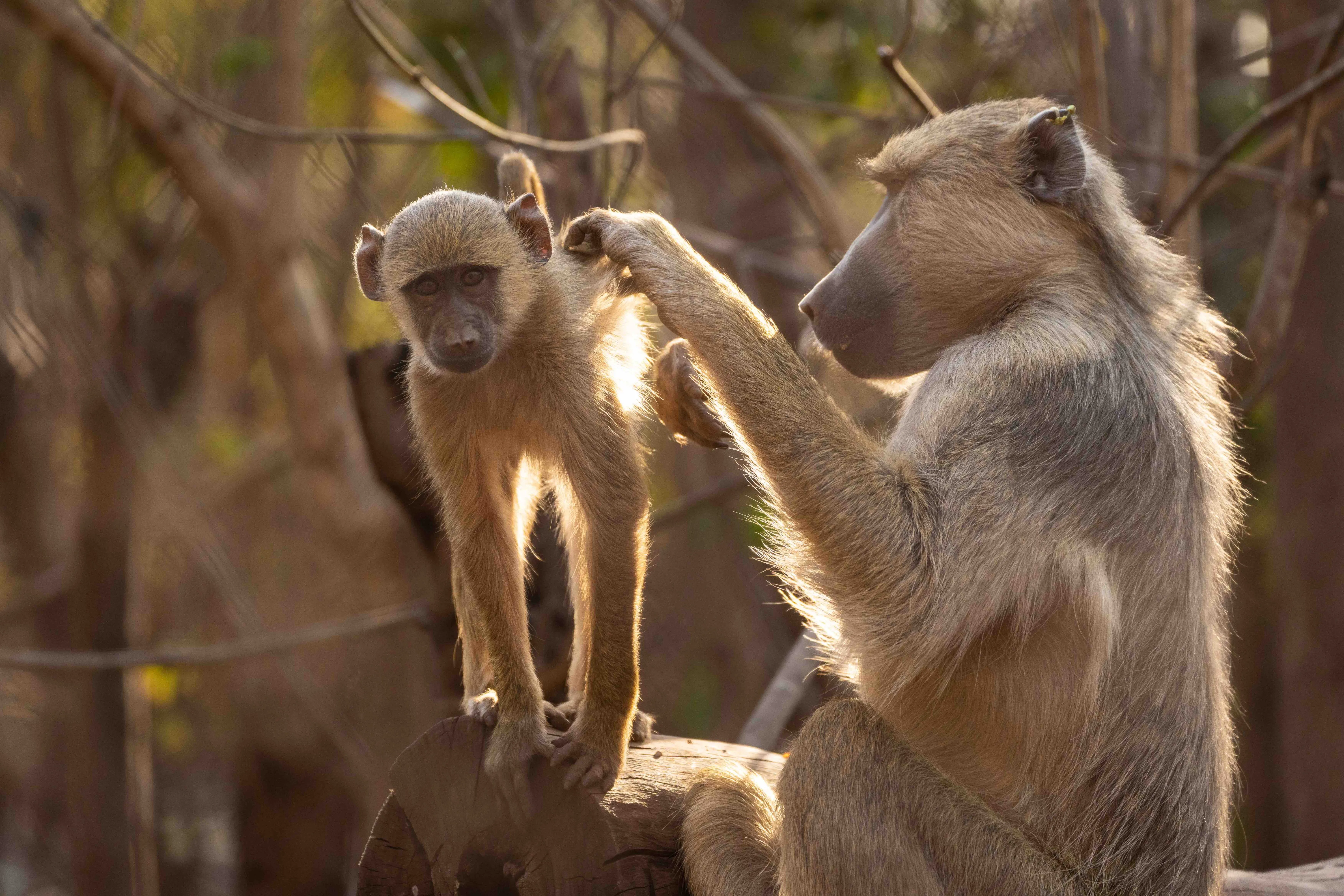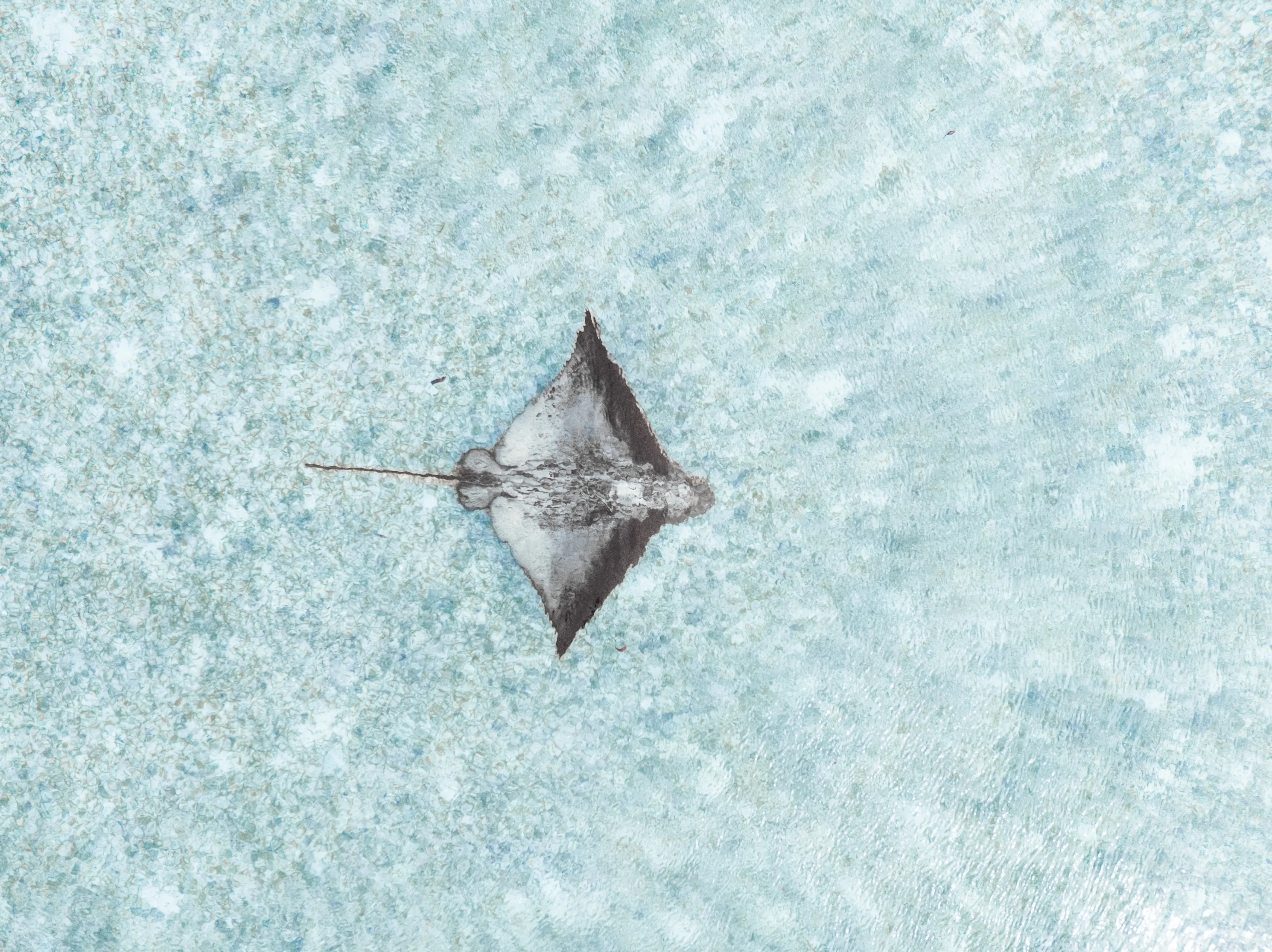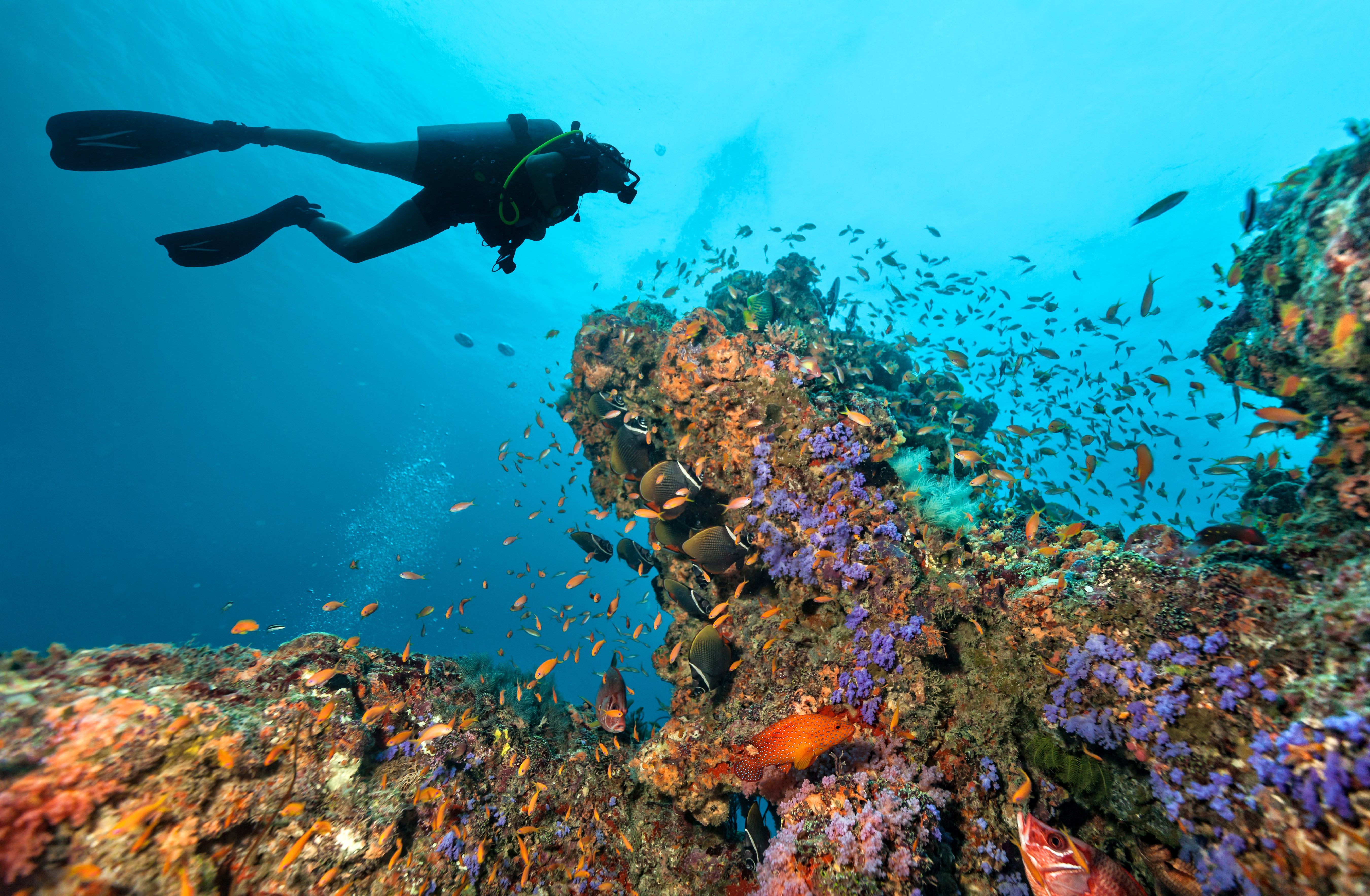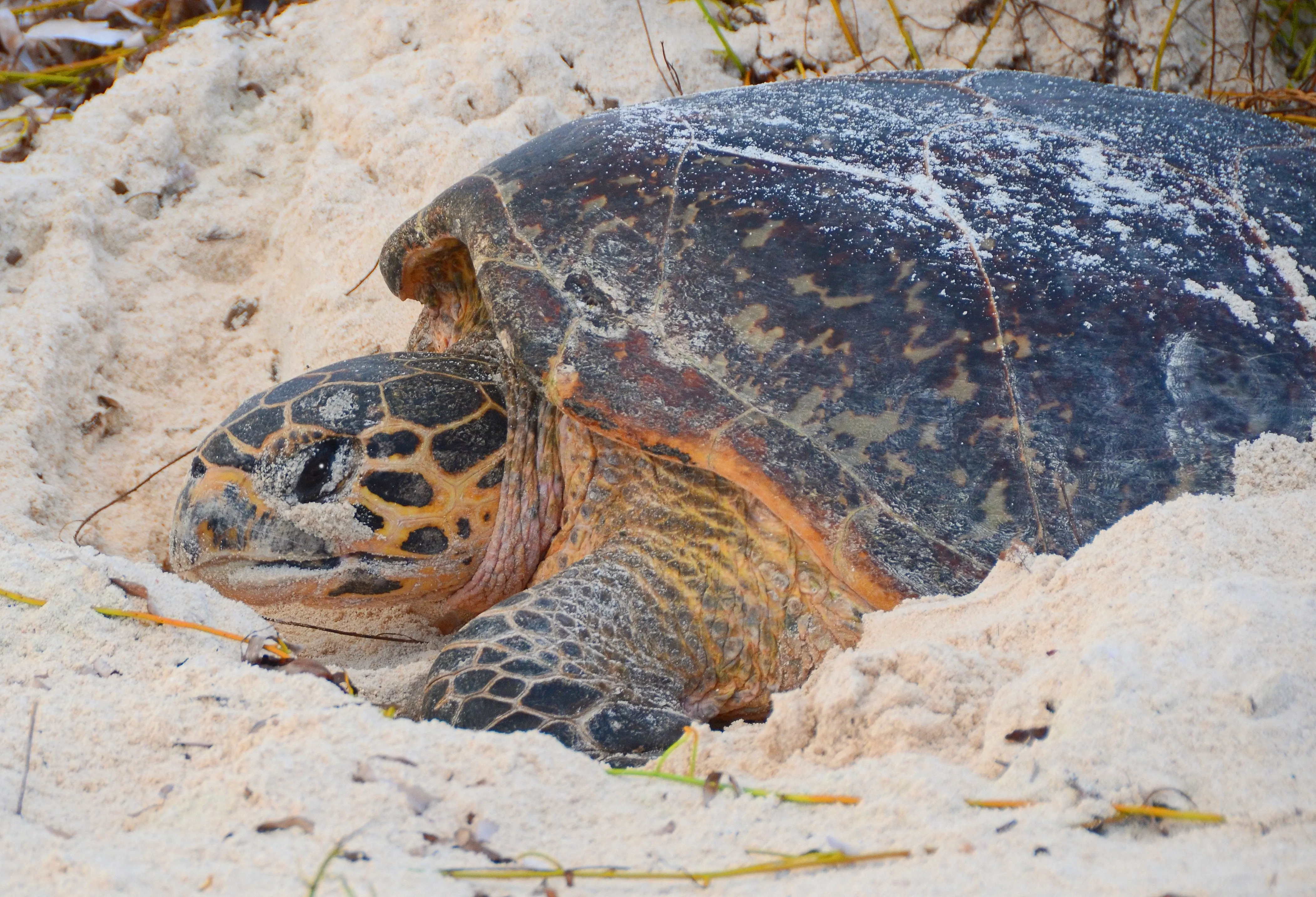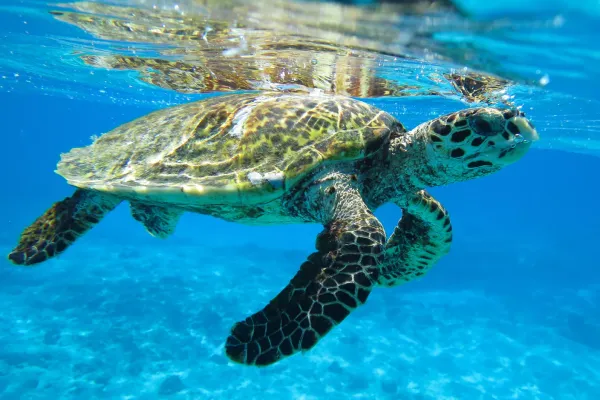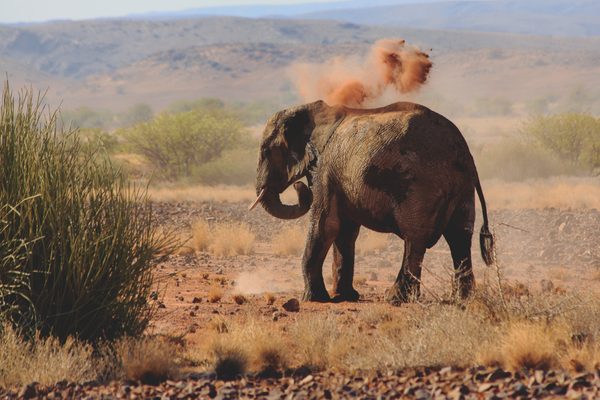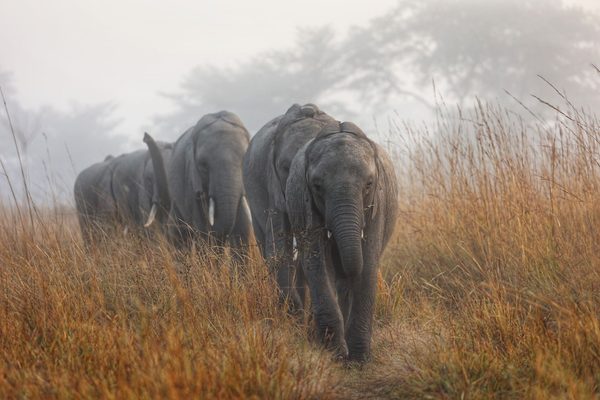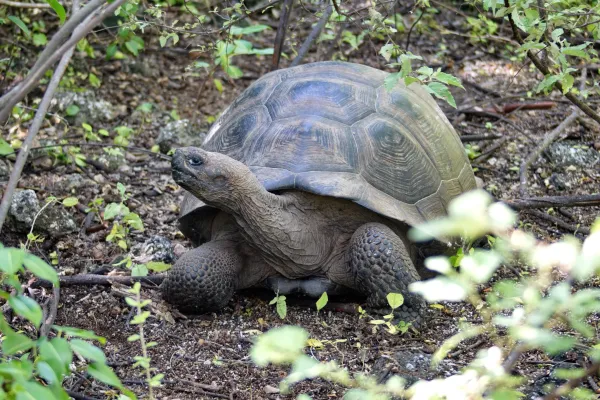Volunteering in Southern Africa
Conservation volunteering in Southern Africa offers an exceptional avenue for individuals seeking to contribute to the preservation of some of the world's most remarkable and endangered ecosystems. The region, which includes countries such as South Africa, Namibia, Botswana, Zimbabwe, and Mozambique, is renowned for its breath-taking landscapes and unparalleled biodiversity.
Volunteering in Southern Africa allows participants to engage in a variety of conservation activities, from wildlife tracking and anti-poaching patrols to habitat restoration and ecological research. These hands-on experiences enable volunteers to make a significant impact on efforts to protect endangered species and maintain vital ecosystems, addressing critical issues like habitat destruction, climate change, and illegal wildlife trade.

Beyond the immediate benefits to conservation efforts, volunteering in Southern Africa offers a deeply immersive and enriching experience. Volunteers are not only surrounded by the stunning natural beauty of places like the Kalahari Desert, the Okavango Delta, and vast savannas but also gain valuable insights into the cultural and environmental dynamics of the region.
This exposure enhances their understanding of the complex relationship between local communities and their natural surroundings, promoting mindful conservation practices. Moreover, the opportunity to collaborate with like-minded individuals from around the world fosters a sense of global community and shared purpose. As a result, those who seize volunteer opportunities in Africa often return home with a profound appreciation for nature and a lifelong commitment to conservation advocacy.
Highlights of volunteering in Southern Africa
- Contribute to the restoration and preservation of diverse ecosystems.
- Work alongside conservation experts to develop and implement effective strategies.
- Participate in community-driven initiatives for sustainable development and conservation.
- Gain practical experience in wildlife monitoring, research, and data collection.
- Experience Southern Africa's breath-taking landscapes while contributing to conservation efforts.
Why volunteering in Southern Africa?
Southern Africa presents a unique and compelling environment for conservation volunteering due to its remarkable biodiversity and the diverse range of ecosystems it encompasses. Volunteers have the opportunity to work directly with iconic wildlife species such as elephants, rhinos, big cats, and various bird species in their natural habitats. This hands-on experience in wildlife monitoring, habitat restoration, and research allows volunteers to contribute significantly to the preservation of these species and their ecosystems.
The region's landscapes are incredibly varied, spanning from vast savannas and dense forests to rugged coastlines and pristine wetlands. Each habitat supports a wealth of flora and fauna, many of which are endemic and face threats such as habitat fragmentation and climate change. Volunteers play a crucial role in conservation efforts by participating in activities like reforestation, invasive species removal, and ecological monitoring, thereby helping to maintain the integrity and resilience of Southern Africa's natural environments.
Moreover, Southern Africa's conservation challenges provide volunteers with a unique learning opportunity in the field of environmental conservation. The region faces pressing issues such as wildlife trafficking, habitat degradation, and human-wildlife conflict, which necessitate innovative and effective conservation strategies. By engaging in these efforts, volunteers not only gain practical skills and knowledge but also contribute to global conservation goals and the sustainable management of natural resources in Southern Africa.
What kind of volunteering projects are there?
In Southern Africa, conservation volunteer projects encompass habitat restoration, wildlife monitoring, marine conservation, and efforts to combat environmental challenges such as habitat loss and climate change. Volunteers play a crucial role in protecting biodiversity and supporting sustainable practices across diverse ecosystems, from savannas and forests to coastal areas.
Volunteering in species conservation in Southern Africa
Volunteering in species conservation and rehabilitation in Southern Africa contribute by assisting in habitat restoration, monitoring animal behaviour, and implementing conservation strategies that help these species thrive in their natural environments. This hands-on involvement not only supports the recovery of endangered populations but also contributes to the broader conservation efforts aimed at preserving Southern Africa's diverse and unique wildlife.
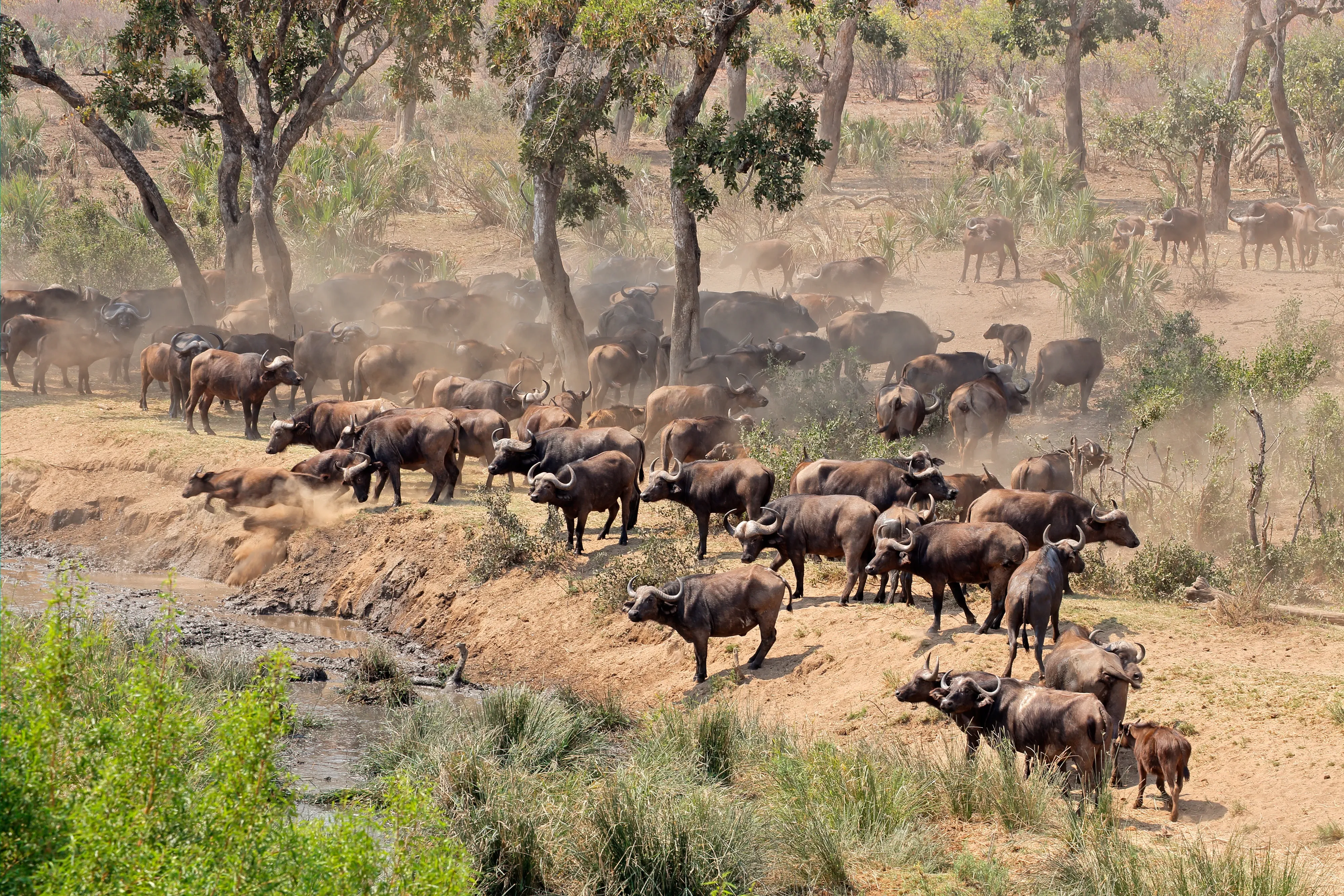
Volunteering in research and monitoring in Southern Africa
Volunteers assist in data collection, tracking animal movements, and studying behaviours crucial for understanding population dynamics and habitat requirements. This involvement helps inform conservation strategies aimed at safeguarding these species and their ecosystems, ensuring their long-term survival in the region.
Volunteering in nature conservation Africa
Volunteering in nature conservation in Southern Africa involves actively participating in efforts to preserve and restore diverse ecosystems, including savannas, forests, wetlands, and coastal regions. Volunteers contribute to habitat restoration projects, invasive species management, and biodiversity surveys aimed at maintaining the health and resilience of these natural environments. By engaging in hands-on conservation activities, volunteers play a crucial role in protecting the region's rich biodiversity and promoting sustainable practices that benefit both wildlife and local communities.
»The future of Malawi depends on our ability to protect and preserve our natural resources.«
How to volunteer in Southern Africa?
To embark on a volunteer journey in conservation work in Southern Africa, start by identifying your specific interests within the field. Whether you are drawn to wildlife rehabilitation, habitat restoration, research, or community engagement, clarifying your passion will guide you towards suitable opportunities. Research reputable organizations and wildlife reserves across countries like South Africa, Botswana, Namibia, or Zimbabwe that specialize in your chosen area of interest. This involves exploring their missions, previous volunteer experiences, and the impact they have made on local ecosystems and communities.
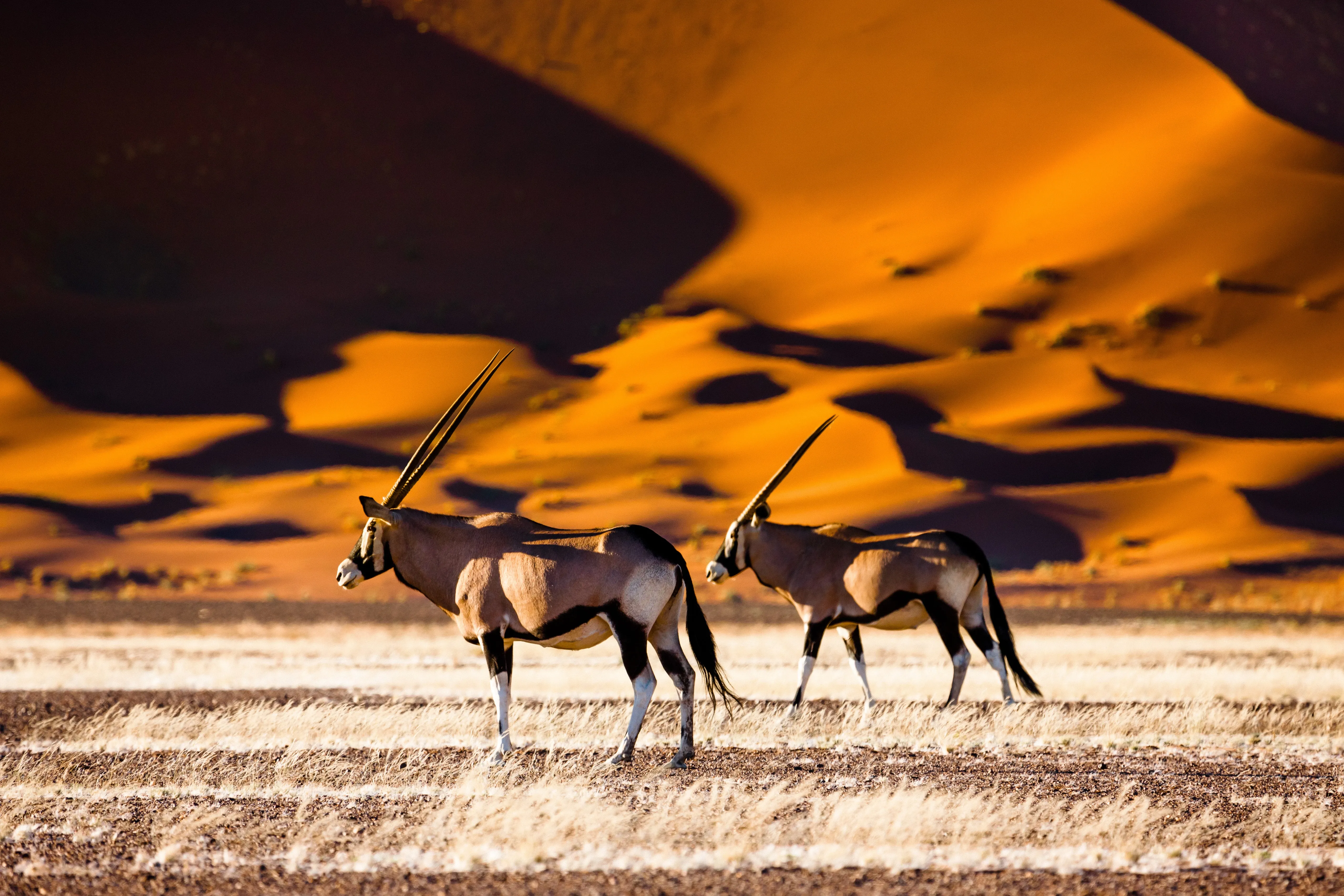
Once you've pinpointed potential organizations, reach out to them directly to inquire about available volunteer roles and opportunities to get involved. Understand the expectations and requirements for volunteers, including the duration of commitment, any associated costs like program fees or accommodations, and the type of support provided.
Prepare yourself by learning about the local environment, wildlife species, and conservation challenges specific to the region. This background knowledge not only enhances your readiness but also demonstrates your dedication to making a meaningful contribution.
When you apply and commit to a volunteer program, immerse yourself fully in the experience. Adapt to local conditions, contribute effectively to conservation efforts, and embrace opportunities to learn from professionals and local communities alike.
Reflect on your impact and insights gained throughout your volunteer term, and consider how you can continue to support conservation efforts beyond your time in Southern Africa. By following these steps, you can turn your passion for conservation into tangible actions that help preserve Southern Africa's biodiversity and contribute to global conservation goals.
1. What do I need to know when volunteering in Southern Africa?
When volunteering in conservation in Southern Africa, it's essential to be well-prepared and informed about several key aspects. First and foremost, familiarize yourself with the specific conservation challenges and environmental issues facing the region. This includes understanding threats to wildlife such as poaching, habitat loss, human-wildlife conflict, and climate change impacts. Knowing these challenges will not only help you appreciate the urgency of conservation efforts but also prepare you to contribute effectively to solutions.
Secondly, volunteers must be prepared for practical realities such as remote living conditions and logistical challenges. Projects often operate in rural or isolated areas where access to modern conveniences may be limited. Adapting to basic accommodations and embracing a self-sufficient mindset are essential for thriving in these environments. Moreover, navigating cultural diversity and building relationships with local communities are integral to successful conservation outcomes. Understanding and respecting local customs and traditions not only fosters mutual respect but also enhances the effectiveness and sustainability of conservation efforts by integrating community perspectives and knowledge.
Additionally, familiarize yourself with the specific guidelines and safety protocols of the organization or reserve where you will volunteer. This includes understanding wildlife behavior and safety precautions, such as how to react in encounters with animals and how to navigate potentially hazardous terrain. Being aware of these protocols ensures your safety and that of the wildlife you are working to protect, while also demonstrating your commitment to responsible volunteering practices.
By equipping yourself with knowledge about conservation challenges, local culture, and safety protocols, you'll be better prepared to make a positive impact during your volunteer experience in Southern Africa. Your understanding and proactive approach will not only enhance your contribution to conservation efforts but also enrich your overall experience by allowing you to fully immerse yourself in the unique environment and conservation challenges of the region.
»The natural world is in serious trouble and it needs our help as never before.«
2. What are the benefits of volunteering in Southern Africa? What skills will I gain?
Conservation volunteering in Southern Africa offers a myriad of benefits, encompassing both personal growth and professional development. Volunteers have the unique opportunity to contribute directly to preserving the region's rich biodiversity, which includes not only iconic species like elephants and rhinos but also a diverse array of wildlife ranging from big cats to marine life and various bird species. By engaging in activities such as wildlife monitoring, habitat restoration, and community education programs, volunteers play a vital role in promoting sustainable practices across diverse ecosystems such as savannas, forests, wetlands, and coastal regions.
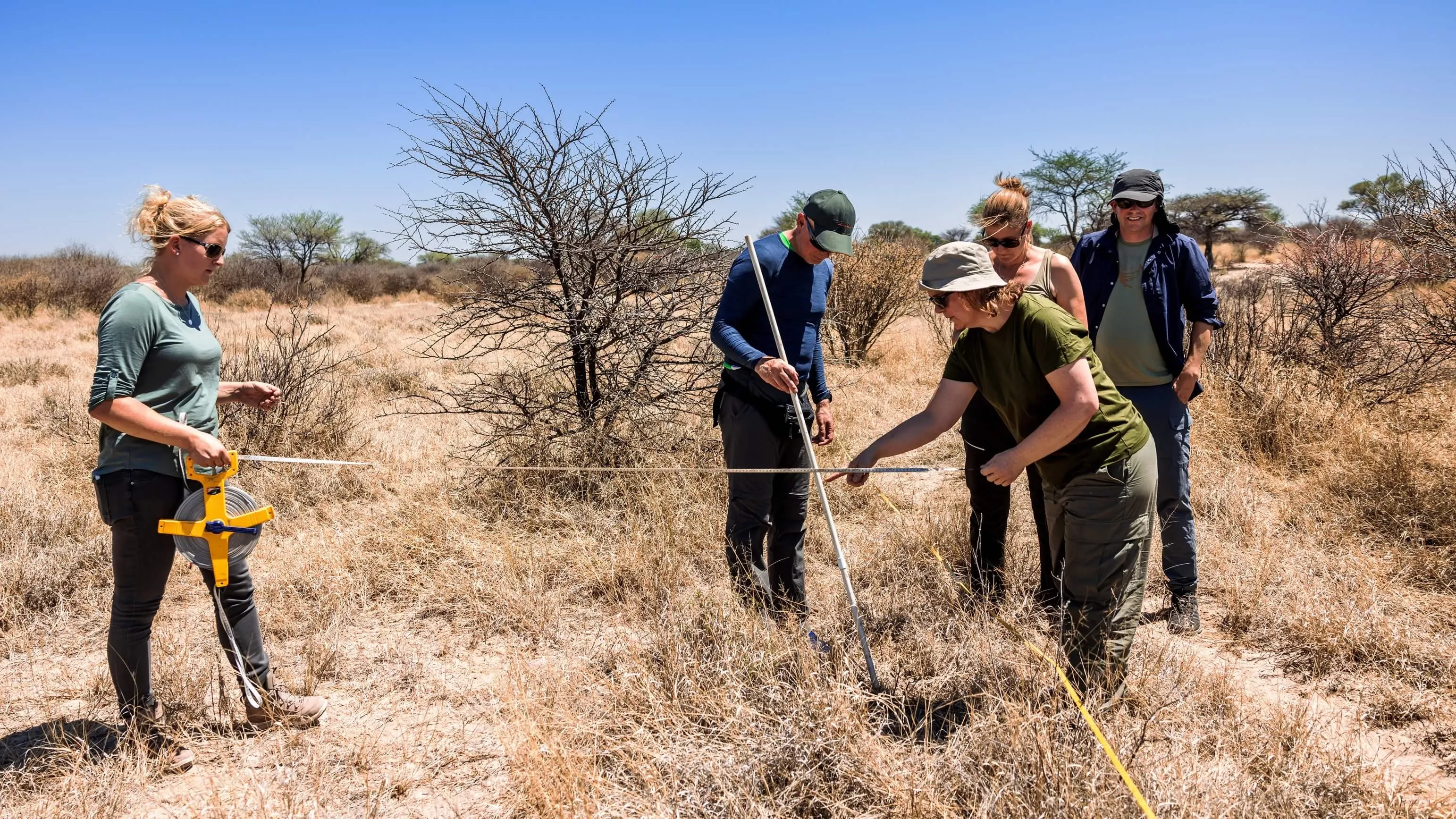
In terms of skills, conservation volunteers gain practical experience in field research, data collection, and analysis, which are essential for understanding ecological dynamics and implementing effective conservation strategies. They develop proficiency in identifying and mitigating environmental threats, such as habitat degradation and human-wildlife conflict, through hands-on conservation initiatives. These experiences enhance critical thinking, problem-solving, and decision-making abilities, preparing volunteers for careers in conservation biology, environmental science, or related fields.
Moreover, volunteering in Southern Africa cultivates interpersonal skills through collaboration with diverse teams and engagement with local communities. Respectful interaction with community members builds cultural competence and empathy, crucial for fostering sustainable relationships and community support for conservation efforts. Overall, conservation volunteering in Southern Africa not only enriches volunteers personally and professionally but also contributes to global conservation goals by safeguarding biodiversity and promoting environmental stewardship in one of the world's most ecologically significant regions.
»The Seychelles' extraordinary biodiversity is a global treasure that must be preserved for future generations.«
3. Where should I volunteer in Southern Africa?
Southern Africa presents a variety of conservation opportunities across different landscapes and communities. In South Africa, volunteers in the Greater Kruger Area actively participate in wildlife monitoring, anti-poaching efforts, and community-based conservation projects that support local livelihoods alongside protecting iconic species like elephants and lions. In Zimbabwe's Matobo National Park, volunteers engage in rhino conservation initiatives and collaborate on sustainable agriculture programs aimed at benefiting neighboring communities. In Malawi, you can help protect species both in the capital Lilongwe and in Liwonde National Park.
Marine conservation enthusiasts can get involved in a variety of projects, such as marine protected area management along South Africa's Western Cape, involving biodiversity surveys and community outreach on sustainable fishing practices. In Mozambique's Bazaruto Archipelago, volunteers focus on sea turtle conservation by monitoring nesting activities and engaging in community-led efforts to mitigate threats like bycatch. Additionally, projects in Namibia address coastal conservation, including beach clean-ups to combat marine debris and research expeditions to study endemic marine species. Also, the Seychelles are a perfect place to dive into marine conservation.
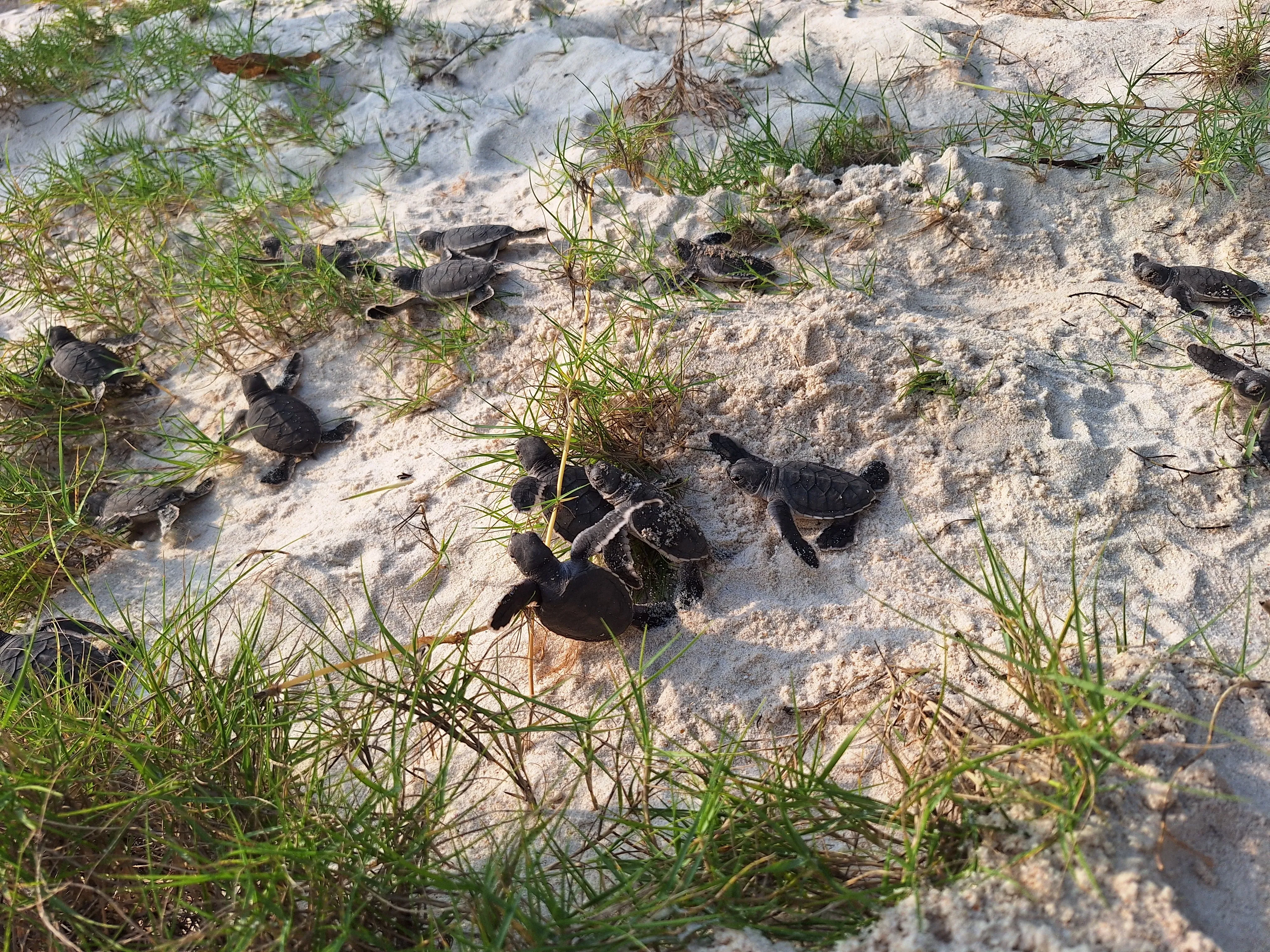
Inland, Zambia's expansive Kafue National Park provides rugged wilderness experiences where volunteers actively contribute to wildlife research and conservation efforts for lions, cheetahs, and elephants. Conversely, Botswana's Makgadikgadi Pans feature a unique desert ecosystem ideal for studying migratory bird species and protecting rare desert-adapted animals, while also supporting indigenous cultures through community-based conservation initiatives.
These locations empower volunteers to play an integral role in conservation efforts, fostering hands-on experience in Southern Africa's diverse landscapes. Whether involved in terrestrial wildlife, marine ecosystems, or unique desert environments, volunteers make significant contributions to biodiversity conservation and sustainable practices that benefit local communities and the natural environment alike.
Four reasons to volunteer in Southern Africa
1. Unique ecological landscapes: Southern Africa offers diverse ecosystems ranging from savannas and forests to marine and desert environments, providing volunteers with the opportunity to engage with a wide array of wildlife species and habitats.
2. Critical conservation impact: Volunteers play a pivotal role in vital conservation efforts such as wildlife monitoring, habitat restoration, and sustainable resource management. These efforts are crucial for protecting endangered species and combating threats like poaching and habitat degradation.
3. Hands-on field experiences: Volunteering in Southern Africa provides practical, hands-on experience in conservation research, data collection, and wildlife management techniques. This experience not only enhances skills in environmental stewardship but also prepares volunteers for careers in conservation and related fields.
4. Personal and global perspective: Engaging in conservation work in Southern Africa offers volunteers a deeper understanding of global environmental challenges and the importance of biodiversity conservation. It fosters personal growth through overcoming challenges in remote and dynamic environments, contributing to a broader perspective on sustainability and conservation efforts worldwide.
Sign up for the newsletter
By clicking on “Subscribe now” I will subscribe to the Conscious Explorer newsletter with all the information about mindful travel. Information on the success measurement included in the consent, the use of the shipping service provider MailChimp, logging of the registration and your rights of revocation can be found in our privacy policy.
